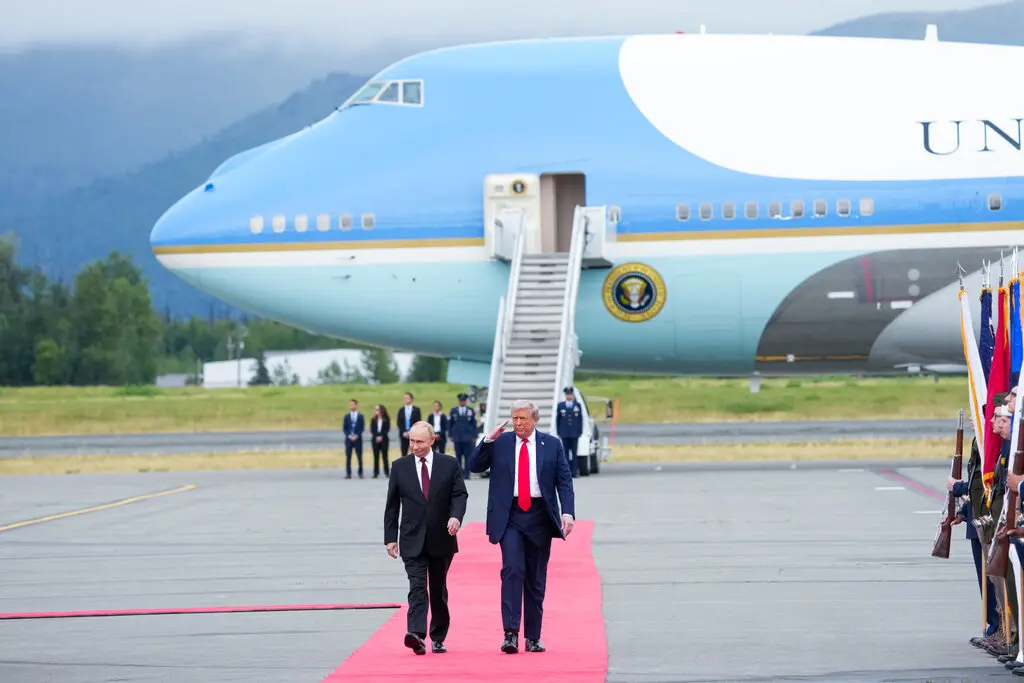Campus Killing Lays Bare America’s Bloody and Broken Politics
By News Desk | Updated: September 11, 2025
This incident is not just another entry in the growing list of mass shootings and politically motivated attacks. It is a wake-up call that reflects the dangerous intersection of polarization, easy access to firearms, and a society struggling to keep its democratic fabric intact.
The Incident: What We Know So Far
According to authorities, the attack took place during a speaking event where Kirk was engaging with students about free speech and political activism. Eyewitnesses reported that chaos erupted when gunfire rang out, sending students scrambling for safety. The suspect, whose identity has not been publicly released, was taken into custody at the scene.
Law enforcement officials are investigating whether the attack was politically motivated, but early statements suggest that ideology may have played a role. The killing comes at a time of heightened tensions ahead of the 2026 midterm elections, where divisive issues such as immigration, abortion rights, and gun control are dominating the political discourse.
Gun Violence: A Recurring American Tragedy
The United States continues to lead the developed world in gun-related deaths, with over 48,000 reported in 2024, according to the CDC. Campus shootings, while a fraction of these numbers, have an outsized psychological impact on the nation. Each incident reinforces fears that no space — schools, churches, malls, or public events — is truly safe.
Despite decades of debate, Congress remains deeply divided on how to address gun violence. Measures like universal background checks and bans on high-capacity magazines have failed to advance, largely due to lobbying by powerful gun rights groups and political gridlock.
Political Violence on the Rise
The killing of Charlie Kirk is part of a disturbing trend of political violence. From the attack on former House Speaker Nancy Pelosi’s husband to the attempted assassination of a Supreme Court justice, acts of politically motivated violence have increased dramatically over the past five years.
Experts warn that online radicalization, disinformation, and deepening mistrust in democratic institutions are fueling a cycle of extremism. Social media platforms have been criticized for failing to stop the spread of incendiary rhetoric that can inspire real-world violence.
America’s Broken Politics
The tragedy highlights the state of America’s politics — deeply divided, angry, and often violent. Partisan polarization has reached historic levels, with many Americans viewing the other political side not just as opponents but as existential threats. This environment has created fertile ground for extremism to thrive.
Political leaders on both sides have condemned the killing, but their statements also quickly became ammunition in the broader culture wars. Conservatives framed it as an attack on free speech and conservative thought, while liberals used the incident to renew calls for stricter gun control measures.
The Campus Safety Debate
Universities, already grappling with free speech controversies, now face renewed pressure to boost security. Some lawmakers have called for armed campus police or even allowing students and staff to carry weapons — a proposal that divides both educators and parents.
Critics argue that more guns on campus would only increase the risk of violence, while supporters claim it is necessary to protect students and guest speakers from targeted attacks.
What Comes Next?
The aftermath of this tragedy could have far-reaching consequences. Investigations will reveal more about the motive, but the national conversation is already shifting toward questions of how to prevent similar incidents. Will this be the moment that forces meaningful gun reform? Or will it fade from the headlines like so many tragedies before?
America’s future depends on whether its leaders — and its citizens — can address the root causes of political violence, restore trust in democratic processes, and create an environment where disagreements are resolved through debate rather than bloodshed.





